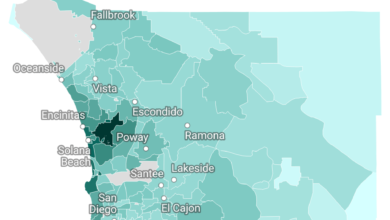Understanding Financial Literacy And Personal Finance Management

Financial literacy and personal finance management are essential skills for individuals who want financial stability and independence. With the increasing complexities of the financial world, it has become more important than ever for people to understand the basics of financial literacy and how to manage their finances effectively.

This guide will provide a comprehensive overview of financial literacy and personal finance management, including budgeting, saving, investing, and managing debt. Whether you are a student, young professional, or senior citizen, this will provide the information you need to start making informed financial decisions that will help you achieve your long-term financial goals.
Understanding Financial Literacy
Financial literacy is understanding and using various financial skills, including personal financial management, budgeting, saving, investing, and using credit. It involves understanding the basics of money management, as well as the financial products and services available to consumers. Financial literacy is a key component of personal finance, as it allows individuals to make informed decisions about their money and achieve their financial goals.
Financial literacy starts with understanding the basics of budgeting, including creating and maintaining a budget, tracking spending, and identifying areas where you can cut costs. You should also be familiar with the different types of bank accounts, including checking, savings, and money market accounts, and how to choose the right type of account for your financial needs.
Saving and Investing:
Saving is an important component of financial literacy. It allows you to set aside money for unexpected expenses, emergencies, or future financial goals. When it comes to saving, it is important to understand the difference between short-term and long-term savings goals. And how to choose the right savings vehicles, such as savings accounts, CDs, or money market accounts, to help you reach your savings goals.
Investing is another important aspect of financial literacy, as it allows individuals to grow their wealth over time. Whether you are investing in stocks, bonds, mutual funds, or real estate, it is important to understand the risks and benefits associated with each type of investment. Additionally, it would be best if you had a basic understanding of diversification, which is spreading your investments across various asset classes to reduce your overall risk.
Managing Debt:
Managing debt is an important part of financial literacy, as it is a common challenge for many people. Whether you have credit card debt, student loan debt, or a mortgage, it is important to understand the different types of debt and how to manage them effectively. This includes understanding interest rates, payment schedules, and how to negotiate with creditors to lower interest rates or reduce payments.
In addition to managing debt, it is important to understand the basics of credit and how to maintain a good credit score. This includes paying bills on time, keeping balances low on credit cards, and avoiding late payments or collections. A good credit score is essential for obtaining loans, renting an apartment, and getting a job.
Understanding the basics of budgeting, saving, investing, and managing debt is key to making informed financial decisions. These decisions will help you achieve your long-term financial goals.




